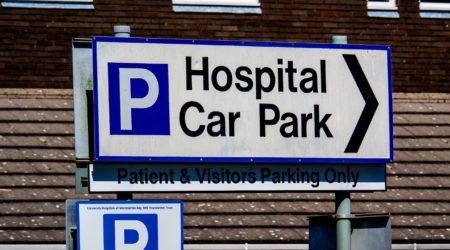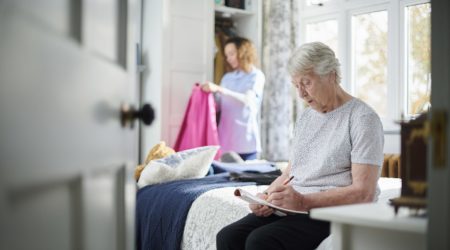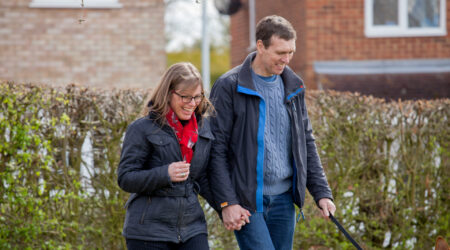Key facts
- Getting practical things organised may help reduce your worry or stress.
- There are benefits and grants available, and other ways to help with your finances, including the cost of transport.
- Talk to your employer about ways to keep working if you want to. You are protected from discrimination at work if you have cancer.
- Gentle physical activity may help improve fatigue and boost your mood.
- If you need it, getting the right equipment and adaptations to help you manage at home can make things easier. You can get an assessment from an occupational therapist (OT). They can help you get equipment and make changes to your home.
- Complementary therapies such as acupuncture, massage, or relaxation therapies can also help with anxiety, pain and other side effects.
- If you have family or friends who want to help, ask for specific things. For example, they could update other friends and family about recent hospital visits or test results.
- Family or friends may also be able to help with driving you to hospital appointments, shopping, cooking or cleaning.





